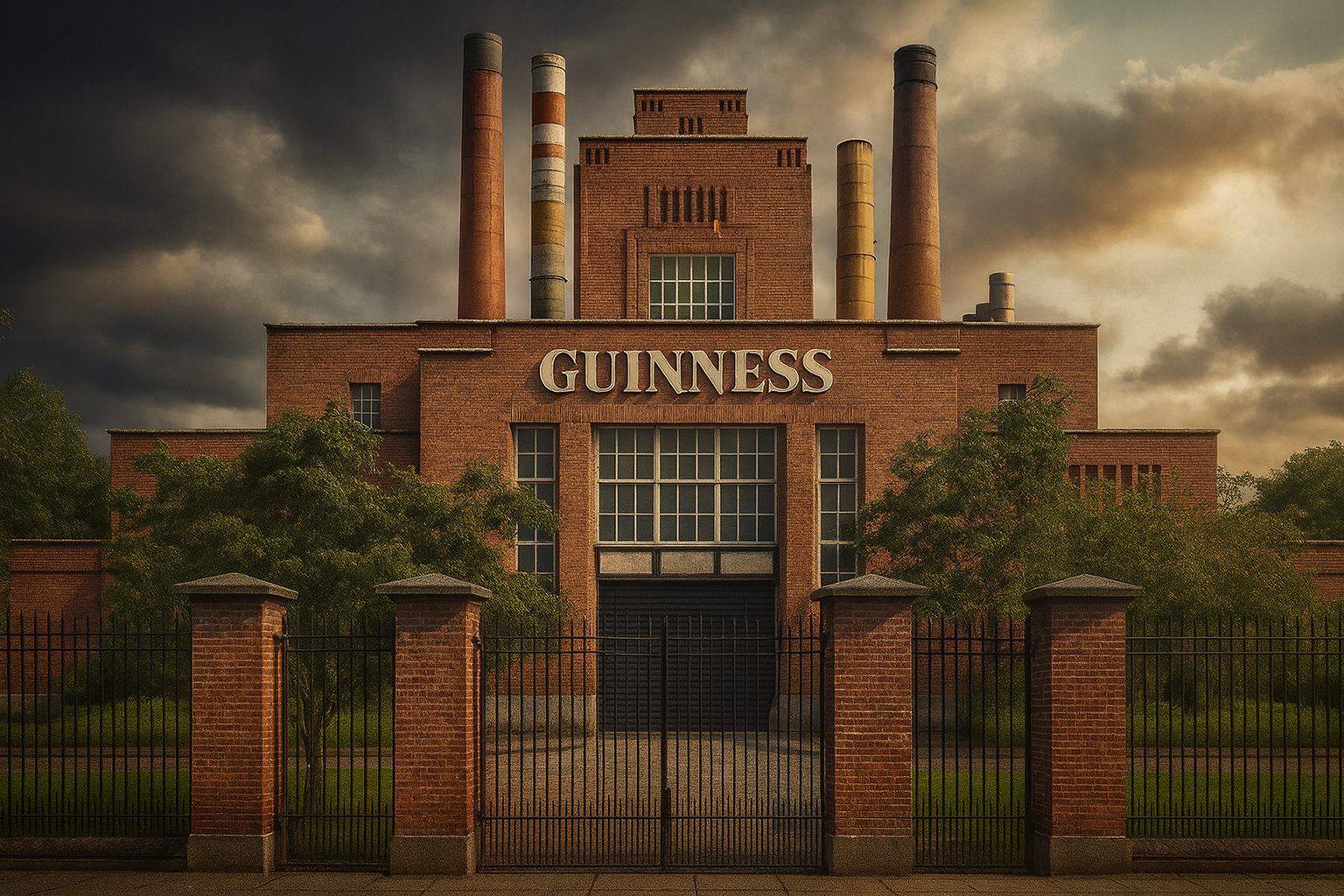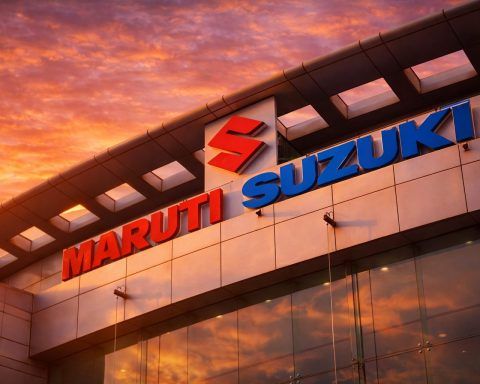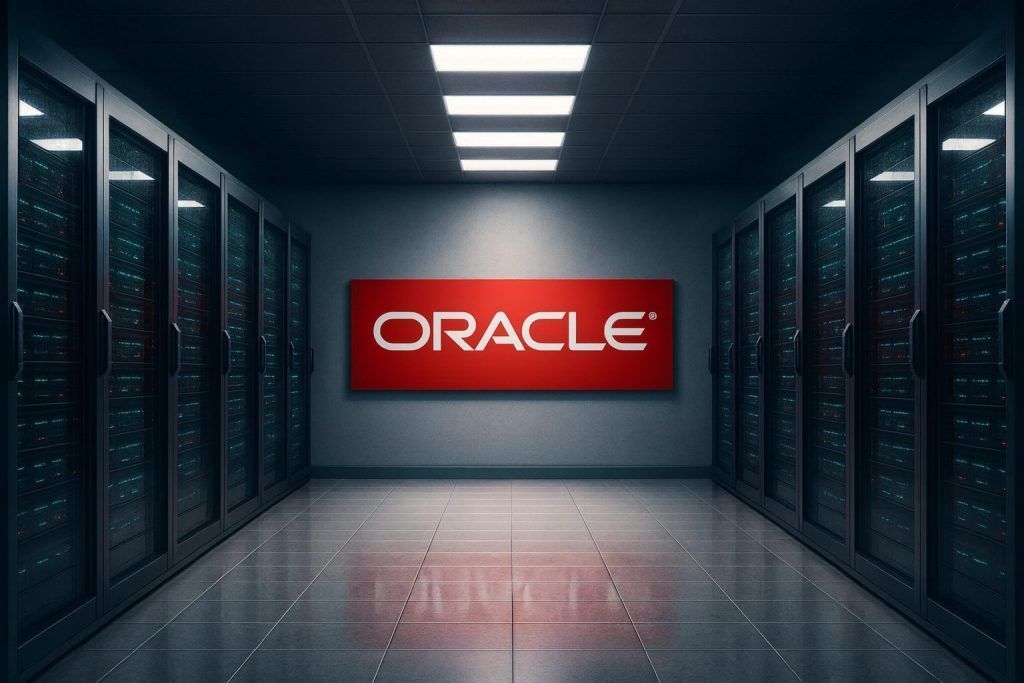On 27 November 2025, three seemingly separate stories – a Netflix dynasty drama, a new piece of succession advice for family firms, and a renewed locations deal in Manchester – are converging into one clear message: screen stories about power and legacy are reshaping real‑world business and the UK’s creative economy.
Netflix’s House of Guinness has sparked fresh debate about how not to run a family business. Apple TV+ thriller Disclaimer is enjoying a second wave of attention thanks to a standout performance from rising star Louis Partridge. And in the North West of England, Bruntwood SciTech and UK Locations have just extended their partnership as demand for filming space surges across Manchester, Liverpool and beyond. Wikipedia+4Elite Business Magazine+4Busine…
Here’s how today’s news fits together – and what it means for business owners, creatives and cities betting on the screen boom.
House of Guinness: From Netflix Drama to Boardroom Cautionary Tale
Launched globally on Netflix on 25 September, House of Guinness follows the brewing dynasty in 1868 Dublin after the death of Sir Benjamin Guinness, charting the fallout as his four adult children battle over power, inheritance and the fate of the brewery. Wikipedia
Created by Steven Knight (Peaky Blinders), the eight‑part series blends dynastic intrigue with lavish period production, earning strong reviews and frequent comparisons to Succession and Downton Abbey. Roger Ebert+1
Crucially, the show has already jumped off the screen and into the business pages:
- Today, Elite Business Magazine publishes “Top succession planning tips to avoid a House of Guinness drama” by Dr Nan Jiang of Brunel Business School, explicitly using the series as a cautionary case study for SME owners. Elite Business Magazine+1
- A separate long‑read from family‑business platform Family Business United earlier this autumn did the same, framing the show as a vivid illustration of what happens when governance, communication and legacy aren’t aligned. Family Bus United
In other words, House of Guinness is no longer just binge‑worthy TV – it’s becoming a shorthand in boardrooms for “everything that can go wrong when you don’t plan succession properly”.
Four Succession Lessons Family Businesses Are Taking From House of Guinness
Dr Nan Jiang’s new Elite Business piece distils the drama’s chaos into practical guidance for real‑world founders who don’t want their company to mirror the Guinness heirs’ infighting. Elite Business Magazine+1
1. Balance heritage with innovation
In the series, the siblings constantly clash over whether to protect tradition or embrace change. That tension is familiar to many multi‑generation firms.
Jiang argues the goal isn’t to pick sides, but to agree the “non‑negotiable” values while giving the next generation explicit permission to modernise – whether that’s new markets, technology or business models. Elite Business Magazine
She points to Timpson Group – now a sixth‑generation business with more than 2,000 outlets – as an example of how values (“doing things the right way”, investing in people) can stay rock solid while services and formats evolve. Elite Business Magazine
2. Develop successors early – not in a crisis
In House of Guinness, the patriarch’s death exposes a dangerous power vacuum. No single heir has been properly prepared, and the scramble for control fuels most of the show’s conflict.
In reality, Jiang emphasises that effective succession is a years‑long apprenticeship, not a last‑minute handover. Future leaders should:
- Rotate through key functions
- Build their own leadership style and credibility
- Form direct relationships with clients, partners and senior staff
She highlights Cathal O’Rourke, who spent 25 years inside Laing O’Rourke – including running the Australian business and serving as COO – before succeeding his father Ray as Group CEO, making the transition expected rather than shocking. Elite Business Magazine
3. Build buy‑in beyond the family name
The show makes it painfully clear that a famous surname doesn’t automatically equal authority. Jiang argues that employees and customers must see the successor as competent in their own right.
That requires the outgoing leader to:
- Publicly back the successor
- Clarify governance and reporting lines
- Set transparent promotion pathways so the rest of the leadership team can see how decisions are being made
She cites John Perkins at Specsavers, who built an external career at Deloitte before working his way up through store and international roles, then the board, before becoming Group CEO. That journey helped counter any perception of “automatic inheritance”. Elite Business Magazine
4. Know when to step back – and really let go
Perhaps the hardest lesson, both on screen and off, is the need for founders to step out of the spotlight.
Jiang notes that many leaders on the UK government‑funded Help to Grow: Management Course struggle with this, even after naming a successor. Moving into a chair or advisory role can keep their experience in the business while signalling a real transfer of authority. Elite Business Magazine
She points to Matchroom Sport, where Barry Hearn’s shift to chairman allowed his son Eddie to lead day‑to‑day operations across boxing, darts and snooker without constantly being overshadowed. Elite Business Magazine
Her bottom line: if you don’t tackle these issues early, you risk a very real‑world version of Netflix’s Guinness saga.
Louis Partridge: From Guinness Heir to Haunting Turn in Apple TV’s ‘Disclaimer’
The House of Guinness effect isn’t just being felt by business schools. It’s also propelling its stars into the broader prestige‑TV conversation.
Today, Collider has published a feature titled “A ‘House of Guinness’ Star Gives an Unforgettable Performance in This Twisty, Haunting Apple TV Thriller”, spotlighting Louis Partridge – who plays Edward Guinness in the Netflix series – for his work in Apple TV+ mini‑series Disclaimer. Collider+1
Directed and written by Alfonso Cuarón, Disclaimer (2024) follows investigative journalist Catherine Ravenscroft (Cate Blanchett), who discovers she is a character in a mysterious novel that threatens to expose a secret from her past. Wikipedia+1
Partridge plays Jonathan, a pivotal figure in the show’s Italian flashbacks, and critics – including The Hollywood Reporter in an earlier deep‑dive on the finale – have praised the mix of charm, vulnerability and menace in his performance. The Hollywood Reporter+1
Collider’s new piece argues that:
- Viewers discovering Partridge through House of Guinness are now circling back to Disclaimer, which it describes as an under‑appreciated Apple TV+ gem. Collider
- His ability to navigate complicated power dynamics and buried secrets in both shows makes him one of the most interesting young actors working in prestige drama today. Wikipedia+1
For streaming platforms, this kind of cross‑pollination is gold: an actor breaks out in one series, and suddenly their entire back catalogue gets fresh attention – extending the life‑cycle of “forgotten” titles.
Bruntwood SciTech & UK Locations: How the North West Became Guinness Country
The House of Guinness story is also physically imprinted across the North West of England.
Although the show is set in Dublin and New York, many of its key scenes were shot in Liverpool, Manchester, Stockport, Cheshire, Yorkshire and North Wales, with locations including Stanley Dock, Croxteth Hall, Penrhyn Castle and Manchester’s Northern Quarter doubling for historic streets and breweries. theknowledgeonline.com+3Time Out Worldwide…
That locations boom is part of the backdrop to the latest business story:
Partnership renewed as demand for filming space surges
This week, Bruntwood SciTech, the UK’s largest property platform focused on innovation-led cities, confirmed it has extended its partnership with filming agency UK Locations for a third consecutive year. Business Up North+1
Key details from the new agreement:
- UK Locations has delivered more than 60 bookings for Bruntwood SciTech sites since 2023, from TV dramas and films to brand shoots and advertising campaigns. Business Up North+1
- Of those, 27 are TV, film and drama shoots, attracting major productions from Netflix, Amazon, Disney+, BBC, ITV, Sky and global brands such as Adidas and Nike. Business Up North+2Prolific North+2
- Bruntwood SciTech buildings have been used for House of Guinness and Amazon Prime series Lazarus, among others. One unused breakout and café space was transformed into a sleek creative office for Lazarus; another site at Alderley Park was converted into a premium clinical environment for an upcoming Harlan Coben Netflix drama. Business Up North+1
Lauren York, CEO of UK Locations, says the renewed deal shows how property owners can turn under‑used space – including buildings awaiting planning permission – into new revenue streams while supporting the region’s creative economy. Business Up North+1
Bruntwood SciTech asset management director Peter Bearpark emphasises that the partnership is about more than rent: it’s a way of embedding film and TV production into the fabric of cities like Manchester and Leeds, alongside lab and office investments such as the £60m Greenheys development and the expansion of the West Village campus. Business Up North+2bruntwood.co.uk+2
A Boom Backed by Hard Numbers
This isn’t happening in isolation. The latest BFI statistics show that:
- Film and high‑end TV production spend in the UK hit £5.6 billion in 2024, up 31% on 2023. BFI+1
- High‑end TV – including shows like House of Guinness – accounted for £3.4bn (62%) of that total. IBC365
At the same time, the UK’s creative industries overall contributed more than £124bn to the economy in 2023 and supported around 2.4 million jobs, according to Skills England. GOV.UK+2House of Lords Library+2
And today, the UK government has just green‑lit the £750m Marlow Film Studios project west of London, expected to create up to 4,000 jobs and further cement the country’s status as a global production hub. Financial Times+1
For regions like the North West – already hosting long‑running hubs such as Space Studios Manchester and Bruntwood SciTech’s innovation campuses – this national policy environment reinforces the business case for opening doors to more crews, more often. Cinematography World
Screen Tourism: When Fictional Estates Become Real‑World Assets
There’s another factor connecting Guinness succession dramas and Manchester office blocks: screen tourism.
VisitBritain research shows that 7 in 10 visitors to the UK have visited a film or TV location while on a leisure trip, and 9 in 10 potential visitors say they’d be interested in doing so. VisitBritain.org+1
Travel features this autumn have already started selling itineraries around House of Guinness locations, from Liverpool’s St George’s Hall and Stanley Dock to Manchester’s Northern Quarter and Penrhyn Castle in Wales. Town Country+3Condé Nast Traveler+3Trave…
That puts landlords like Bruntwood SciTech – whose buildings are quietly doubling as Victorian breweries, New York offices or Irish mansions – in a powerful position:
- Short term, they earn location fees and associated spending from productions.
- Long term, those same sites can be marketed to visitors, tenants and investors as recognisable backdrops from global streaming hits.
It’s one reason the British Film Commission and VisitBritain have formalised collaboration to boost screen tourism across the UK. britishfilmcommission.org.uk+1
What It All Means – and How Businesses Can Ride the “House of Guinness” Wave
Put together, today’s stories paint a bigger picture.
- Narratives about power and inheritance resonate far beyond TV.
House of Guinness is now being used by academics and advisers as a vivid teaching tool on governance and succession – the kind of pop‑culture reference that can finally make risk feel real for time‑poor founders. Elite Business Magazine+1 - Talent flows between platforms, keeping older shows alive.
Louis Partridge’s breakout turn in Netflix’s historical drama is driving renewed interest in Apple TV+’s Disclaimer, and vice versa – good news for streaming libraries and for actors looking for longevity rather than one‑hit visibility. Wikipedia+2Collider+2 - Real estate is quietly becoming a content asset class.
From Sackville Street Building in Manchester to Alderley Park, unused or transitional spaces are being monetised as filming locations through structured partnerships like the one between Bruntwood SciTech and UK Locations. Business Up North+1 - Regions outside London are at the heart of the boom.
North West England’s mills, docks, labs and office blocks are standing in for 19th‑century Dublin and Gilded Age New York – and in the process, they’re supporting jobs, tourism and inward investment. Time Out Worldwide+2Condé Nast Traveler+2
Practical takeaways for today
- Family‑owned SMEs: Treat the House of Guinness moment as a prompt. If your succession plan lives only in your head, start codifying it – involving the next generation early, clarifying governance and planning your own step‑back while times are good, not under duress. Elite Business Magazine+1
- Landlords and developers: If you own large or characterful buildings in UK cities, explore partnerships with location agencies. House of Guinness, Lazarus and the wave of Harlan Coben thrillers show how frequently producers now reach beyond purpose‑built studios into commercial real estate. Business Up North+2Prolific North+2
- Cities and tourism bodies: Make sure your film‑location stories are easy to find and bookable. Fans increasingly expect visiting the worlds of their favourite shows to be part of a UK trip itinerary. VisitBritain.org+2Screen Daily+2
As of 27 November 2025, the Guinness dynasty – fictionalised and streamed to millions – is influencing how founders think about legacy, how investors view buildings and how global audiences choose where to travel. For businesses willing to learn from the drama rather than reenact it, that’s a powerful opportunity.









